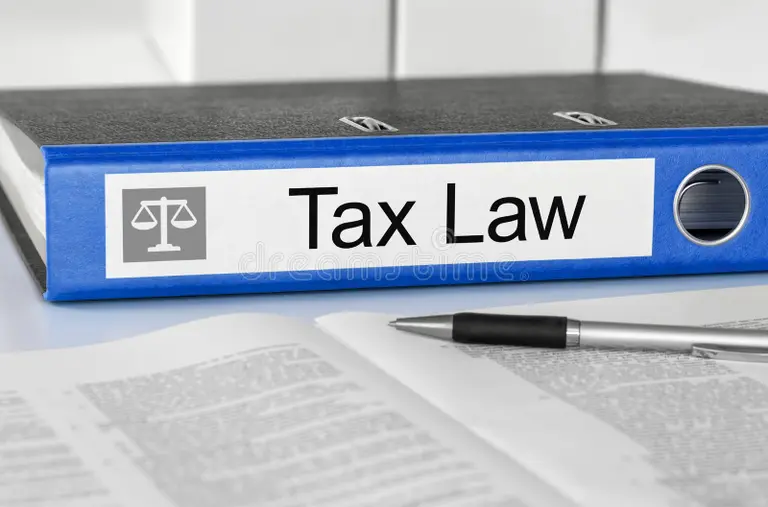
The ongoing battle over revenue collection between Central Equatoria State (CES) and the National Revenue Authority (NRA) has escalated, with the former asserting its constitutional right to collect taxes despite the latter’s claims that only the national government holds such authority.
The dispute stems from last week’s media briefing by the NRA, where its leadership maintained that tax collection falls exclusively within the national government’s jurisdiction.
In response, the CES government issued a strong rebuttal, interpreting key legal provisions to affirm its right to collect revenue at the state level.
“Following a thorough review, it has been confirmed that the Central Equatoria State Revenue Authority is operating within the constitution, specifically Article 179, which grants states, including CES, the exclusive power to collect their own revenue,” Mr. Alex Latyio, CES Secretary of Economic Clusters, told media.
Article 179 of the Transitional Constitution of South Sudan, 2011, as amended, explicitly grants states the authority to collect taxes.
Mr. Latyio further criticized the NRA’s position, arguing that its statement disrupted key tax collection efforts in the state. “The CES government urges the National Revenue Authority to reconsider its stance, as its assertion has obstructed the collection of revenue rightfully belonging to the state,” he added.
The controversy is largely attributed to conflicting interpretations of revenue-related laws, particularly the Taxation Act, 2009, which outlines taxation responsibilities at both national and state levels.
Sections 116 and 119 of the Act contribute to the confusion, as Section 116 defines the coordination of tax collection between the national and state governments but lacks clear enforcement mechanisms, leading to jurisdictional disputes.
Section 119 discusses the harmonization of tax rates, yet inconsistencies in implementation have resulted in multiple taxation claims between different levels of government.
At the center of this confusion are the poor citizens who pay the ultimate price due to multiple taxation as overlapping roles of collectors increase the cost of doing business, hence resulting in higher prices of consumable goods.
Meanwhile, civil society activist Ter Manyang Gatwech, head of the Center for Peace and Advocacy (CPA), weighed in on the dispute, citing the 8th Governor’s Forum resolutions from last year, which reinforced states’ obligations to collect taxes independently.
The argument, which the NRA repeatedly countered, saying the dialogue’s recommendation cannot substitute South Sudan’s laws mandating them as the sole body to collect and manage the revenues.
However, activist Manyang in an interview with Standard Zone News on Tuesday, urged the NRA to revisit the constitution and the Governor’s Forum resolutions to ensure clarity regarding tax collection responsibilities.
“I urge the NRA to review the constitution and fully understand its responsibilities regarding taxation to prevent overlapping revenue claims and minimize confusion,” Manyang appealed.
As both sides remain firm in their positions, the dispute over tax collection remains unresolved, keeping CES and NRA locked in a contentious debate over financial governance in South Sudan.
The conflicting legal interpretations underscore the need for a comprehensive review of tax policies to prevent further disputes and establish a clearer taxation framework.

